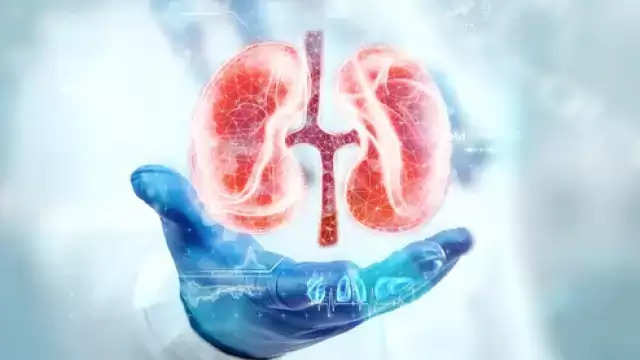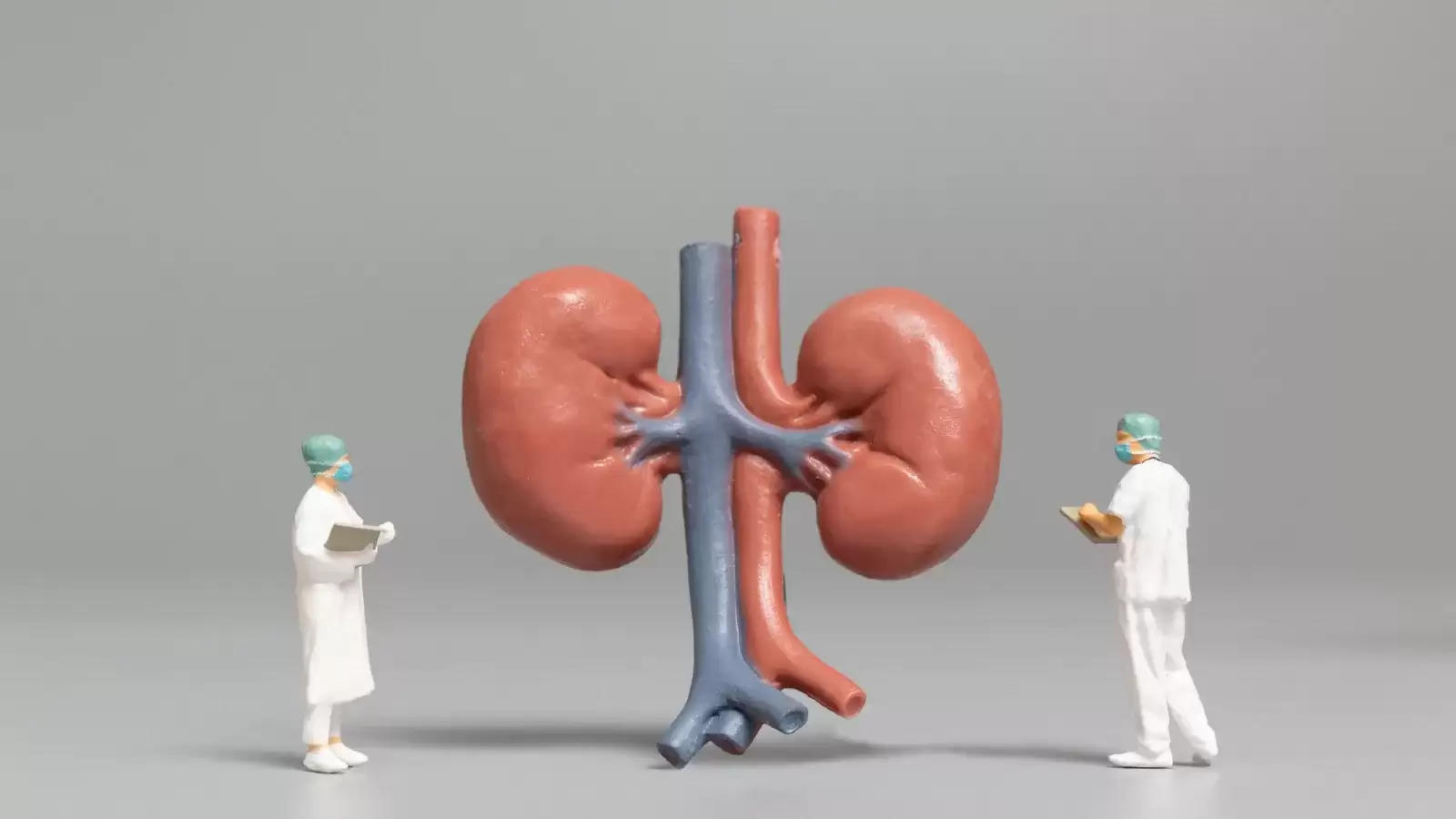Click here to know everything about Acute Kidney Injury!

Acute kidney injury, sometimes called acute kidney failure, is a condition in which the kidneys unexpectedly stop working properly. From a slight decline in kidney function to complete kidney failure, within hours or days, all are possible in this condition. The kidneys often filter waste products and maintain a balance of fluids and electrolytes. The brain, heart, and lungs are just a few of the many organs that can suffer from AKI. Therefore, hospitalization for intensive care is typical for some AKI patients who are critically unwell.
What are the causes of acute kidney injury?
Hypovolemia caused by acute gastroenteritis, which reduces blood volume; congestive heart failure, which prevents the heart from pumping enough blood to the kidneys; or sepsis, which reduces blood flow to the kidneys.
Kidney damage due to congenital kidney problems such as inflammation and injury caused by infection, certain drugs, and autoimmune diseases.
Urinary obstruction due to obstruction of renal clearance, including prostate enlargement, kidney stones, or malignancy.
Decreased blood volume due to excessive bleeding, diarrhea or vomiting, or excessive dehydration.
Many drugs affect kidney function, including over-the-counter and non-steroidal anti-inflammatory drugs (NSAIDs).

Age, pre-existing kidney disease, additional comorbid diseases such as diabetes and hypertension, certain medications, dehydration, sepsis, and specific medical procedures are all risk factors for AKI.
diagnosis of acute kidney injury
You will be monitored for how much urine you make (urine output) each day to help identify the severity of kidney failure.
A urinalysis to check for signs of kidney failure.
Blood tests for protein, creatinine, urea nitrogen, phosphorus, and potassium should be done to check kidney function.
Imaging tests, such as ultrasound, can help check for abnormalities inside and outside the kidney.
In some circumstances, you may need to undergo a procedure called a biopsy, in which a special needle is used to remove a small part of your kidney and viewed under a lens to look for signs of cancer.
Treatment options for acute kidney injury
Namely, treatment for underlying kidney problems: This involves finding and attending to the underlying disease or injury that caused the kidney damage in the first place.
Treatment to balance the amount of fluid in your blood: This includes intravenous (IV) fluids if you are dehydrated and medications to help your body excrete extra fluid if you have fluid retention.
Dialysis to eliminate toxins from your blood: If toxins build up in your blood, you may need short-term dialysis to help your body get rid of the toxins and extra fluids while your kidneys heal. may be required.
Foods heavy in potassium, phosphorus and sodium (salt) should often be avoided or limited for people with acute kidney damage. Not to mention, you can take help from a nutritionist in making a nutritious menu that includes the right proportion of each nutrient. You may also need to limit the amount of water and fluids you consume daily.
